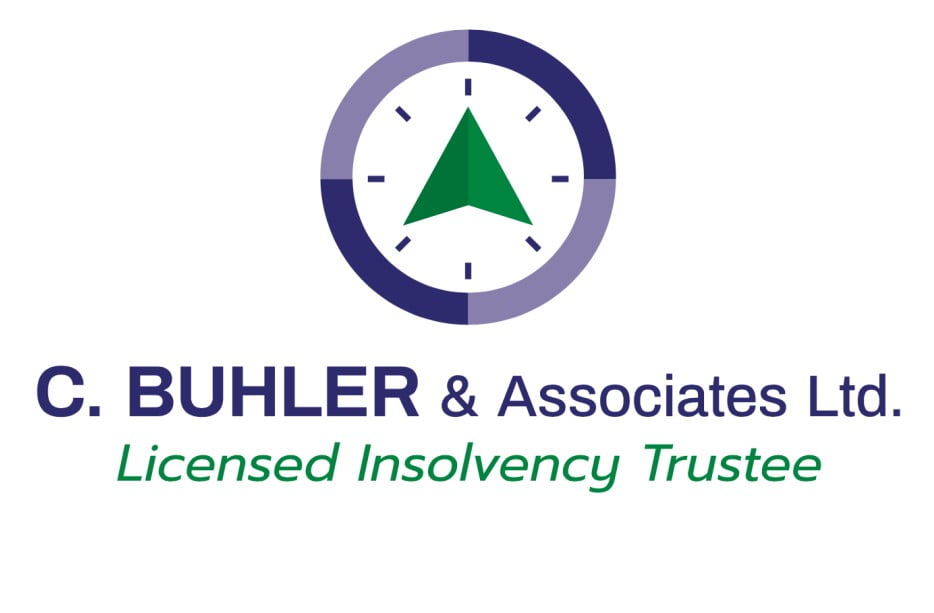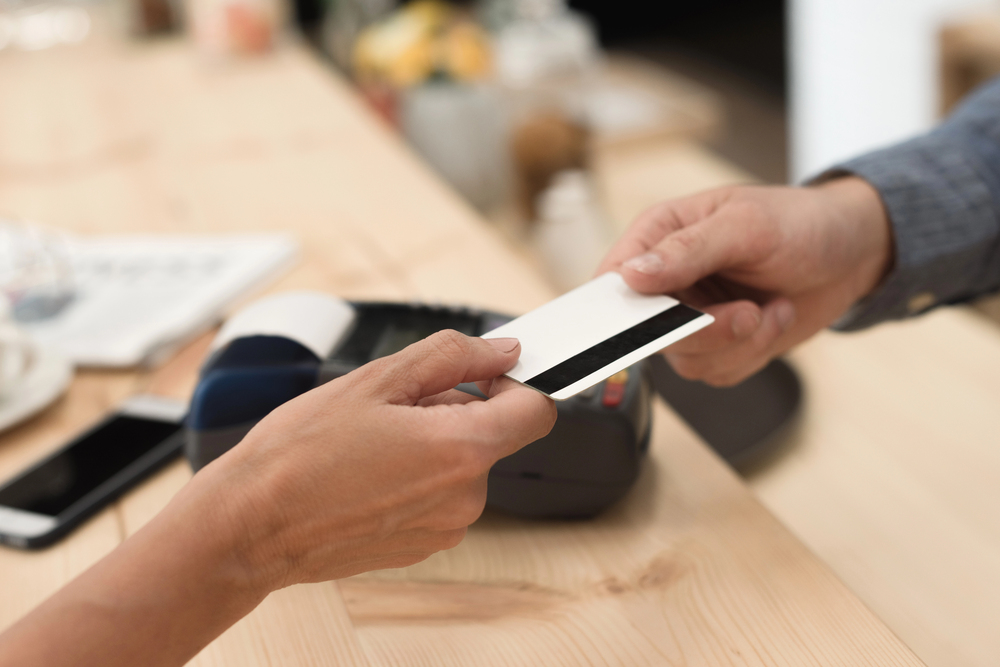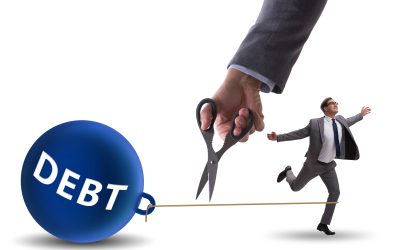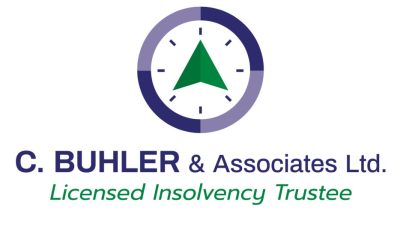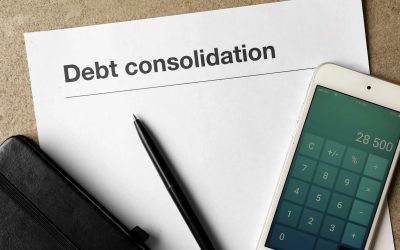Credit card debt can pile up faster than you realize, especially when you’re only making minimum payments. If your financial situation feels overwhelming, you’ve come to the right spot. Many Canadians are facing the same struggle and wondering if there’s a way out.
The good news? Credit card debt forgiveness in Canada is possible through legally recognized debt relief options. This guide explains what debt forgiveness is, how it works, and what steps you can take toward becoming debt-free.
What Is Credit Card Debt Forgiveness?
Debt forgiveness means that a portion, or in some cases, all of your outstanding debt is legally written off, and you are no longer responsible for repaying it.
When people ask, “What is debt forgiveness in Canada?” they might be wondering about structured solutions like a consumer proposal or bankruptcy. Both are governed under the Bankruptcy and Insolvency Act. Unlike informal debt negotiation, these are regulated legal processes with protections for both the debtor and creditor.
Debt forgiveness does not mean skipping out on debt with no consequences. It’s a formal, often last-resort option that involves a Licensed Insolvency Trustee (LIT).
How Credit Card Debt Forgiveness Works In Canada
In Canada, you can’t just ask your credit card provider to forgive your debt and expect them to agree. But there are government-approved options that forgive debt based on your financial hardship. These programs are administered through LITs and may involve reducing your debt load, consolidating what you owe, or wiping it out altogether.
If you’re struggling to keep up with monthly payments, late fees, and rising interest rates, you may qualify for one of these solutions.
Options For Managing Credit Card Debt In Canada
Depending on your income, assets, and total debt, several options exist to help reduce or eliminate your credit card debt.
Debt Consolidation
Debt consolidation allows you to combine all your debts into one manageable monthly payment, often with a lower interest rate.
You can apply for a consolidation loan through a bank or credit union. While this doesn’t reduce your total debt, it simplifies repayment and may lower your cost of interest over time.
Consumer Proposals
A consumer proposal is one of the most effective debt forgiveness programs available in Canada. It’s a legally binding agreement between you and your creditors to pay back a portion of what you owe, typically over a period of up to five years, depending on your unique situation.
It can include credit card debt, payday loans, tax debt, and even some student loan debt. Once accepted, creditors can no longer charge interest or pursue legal action, so you’ll only have to make monthly payments to your Licensed Insolvency Trustee.
Consumer proposals are a viable alternative to declaring bankruptcy, particularly if you want to avoid losing valuable assets like your car or home.
Debt Settlement
Debt settlement is a more informal approach where you (or a debt settlement company) negotiate directly with creditors to accept a lump sum that’s less than the total owed.
While this can result in debt reduction, it carries significant risks. There is no formal qualification process for the staff you rely on to give advice, and the settlements are often without recourse, if your creditors don’t accept your offer. Alos, these plans will negatively affect your credit report, and do not provide a stay of proceedings. In Canada, debt settlement should be approached with caution and ideally reviewed with an LIT before proceeding.
Bankruptcy
Declaring bankruptcy is considered a last resort, but it can offer complete debt forgiveness in Canada, subject to certain limitations. If you’re unable to repay your debts due to financial hardship, bankruptcy legally eliminates most debt, including credit card debt and shortfalls incurred by a secured lender where you have returned an asset to the bank, or where an asset has been repossessed.
While it provides immediate relief from collection calls and wage garnishment, it also comes with consequences, which may include the loss of certain assets and an impact on your credit score.
An LIT can guide you through the bankruptcy process and explain what’s involved in your specific case.
Does Debt Forgiveness Affect Your Credit Score?
Yes, it does, but it depends on the method used.
- A consumer proposal remains on your credit report for up to six years from the filing date or three years after it’s completed, whichever comes first.
- Bankruptcy stays on your credit report for at least six years after discharge (or longer if it’s a second bankruptcy).
While these can lower your credit rating in the short term, they often offer a path to long-term financial stability and a fresh start.
How To Qualify And Steps To Take
Eligibility for debt forgiveness programs is based on your total unsecured debts, income, assets, and ability to repay. Here are the basic steps:
Step 1: Evaluate your financial situation
Track your income, expenses, and all outstanding debts.
Step 2: Speak with a Licensed Insolvency Trustee (LIT)
Although an LIT is the only professional legally authorized to file a consumer proposal or bankruptcy in Canada, they will often provide you with a consultation for free, at which time they will advise you on all of your options, even those which don’t include Consumer Proposals or bankruptcy.
Step 3: Explore government debt relief programs
While Canada doesn’t have a “blanket” government debt relief program, consumer proposals and bankruptcies are federally regulated options that provide significant relief.
Step 4: Choose the right solution
Depending on your financial goals (for example, avoiding asset loss, reducing total debt, or stopping collection calls), your LIT will provide you the information, so you can decide what fits best.
Step 5: Begin the process
Once you’ve chosen a solution, your LIT will file the necessary paperwork and begin working with creditors on your behalf. You will be protected from harassment and phone calls, and can move forward with life.
Explore Your Debt Relief Options
Understanding debt forgiveness is the first step to taking back control of your finances. If you find yourself drowning in credit card debt, juggling multiple payday loans, or behind on bills, help is available to you.
At C. Buhler & Associates Ltd., we’re here to support you with professional, confidential advice tailored to your situation. From consumer proposals to Winnipeg debt consolidation, our Licensed Insolvency Trustees are ready to walk you through every option at your own pace.
If you’re in Winnipeg or the surrounding areas, ask us about Manitoba debt relief programs that may be available to you. We’d be happy to guide you through the process with full transparency, personalization, and professionalism.

